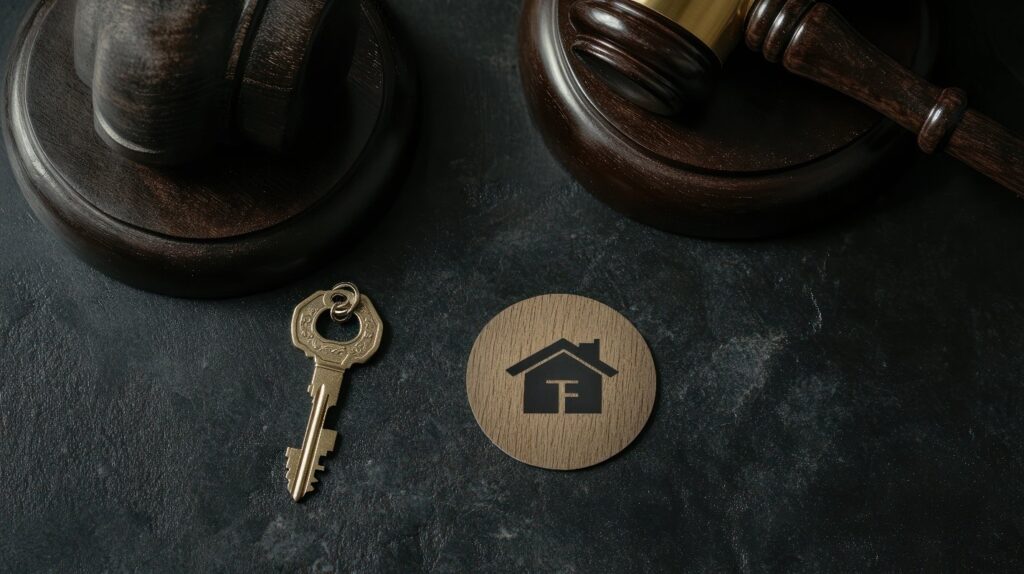
In recent years, tenant protections have been significantly strengthened at the state and local level, particularly in cities grappling with housing affordability, gentrification, and rising displacement. As a result, landlords are increasingly facing legal challenges rooted in allegations of tenant harassment and retaliatory eviction. These claims can lead not only to costly legal battles and civil penalties but also to reputational harm and long-term implications for property management operations.
Nativ Winiarsky explores the growing legal risks of harassment and retaliatory eviction claims for landlords, especially those managing rent-stabilized or subsidized housing, while also offering a look at the legal defenses landlords can use to protect themselves when operating in good faith.
What Constitutes Tenant Harassment?
In practice, tenant harassment can take many forms, including but not limited to:
- Repeated, unwarranted entry into the tenant’s unit
- Deliberate failure to perform essential repairs or maintenance
- Shutting off or interfering with utilities such as heat, water, or electricity
- Threats, intimidation, or verbal abuse toward tenants
- Filing baseless lawsuits or false police reports to intimidate tenants
- Unjustified rent increases or wrongful lease non-renewals
- Actions that interfere with a tenant’s quiet enjoyment or privacy
Under New York City’s Tenant Protection Act (Local Law 7 of 2008), tenant harassment is explicitly prohibited and can result in civil penalties of up to $10,000 per violation. Tenants may also bring civil suits seeking injunctive relief and damages.
Retaliatory Eviction: A Critical Concern
One of the most common forms of tenant harassment is retaliatory eviction. This occurs when landlords attempt to evict tenants or impose adverse lease terms in response to tenants exercising their lawful rights, such as:
- Reporting housing code violations to authorities
- Participating in tenant organizing or advocacy
- Asserting rent control or rent stabilization rights
- Filing complaints or lawsuits related to landlord misconduct
New York law presumes retaliation if adverse actions occur within six months of a tenant’s protected activity. This presumption shifts the burden to the landlord to prove a legitimate, non-retaliatory reason, an often difficult standard to meet.
Navigating the Rent-Stabilized and Subsidized Housing Landscape
Landlords operating rent-stabilized or subsidized units face heightened scrutiny and regulatory obligations. The imbalance of power heavily favors tenants under these regimes, and landlords must comply with strict procedural and substantive requirements before initiating evictions or lease modifications.
HUD regulations further reinforce anti-harassment protections in federally subsidized housing, with violations potentially resulting in loss of subsidies and federal enforcement actions under the Fair Housing Act.
Defending Against Harassment Claims: Key Legal Strategies
While tenants are afforded substantial protections, landlords are not without defenses. Successful defenses often rely on:
- Legitimate Business Justifications: Demonstrating that lease enforcement actions stem from lawful reasons such as nonpayment of rent, lease violations, or necessary property renovations.
- Burden of Proof: Challenging the tenant’s evidence by showing the absence of intent to harass or retaliate.
- Procedural Defenses: Arguing claims are time-barred or fail due to procedural missteps by tenants.
- Good Faith and Consistency: Maintaining thorough records and applying lease terms uniformly across tenants can significantly bolster a landlord’s position.
Best Practices for Landlords and Property Managers
To minimize risk and avoid protracted litigation, landlords should:
- Meticulously document all communications, repair requests, and enforcement actions
- Develop and enforce clear, written policies regarding tenant interactions, rent collection, and property maintenance
- Avoid timing adverse actions in close proximity to tenants’ protected activities
- Stay current on New York-specific tenant protection laws and court decisions
- Consult experienced legal counsel before initiating any actions that could be construed as retaliatory or harassing
- Train property management teams on compliance with fair housing and anti-harassment statutes